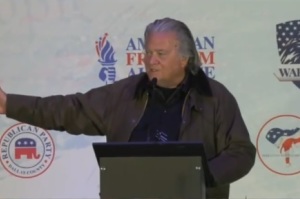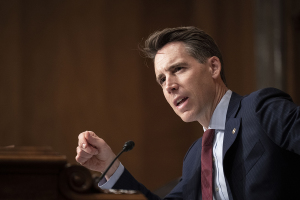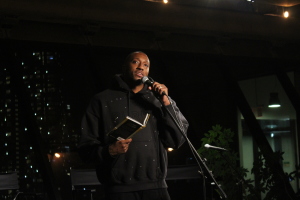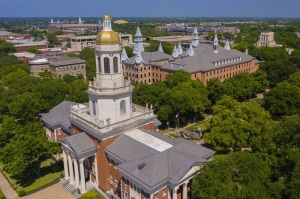Ministry leaders discuss the 'Christian Left': Is progressive Christianity biblical?
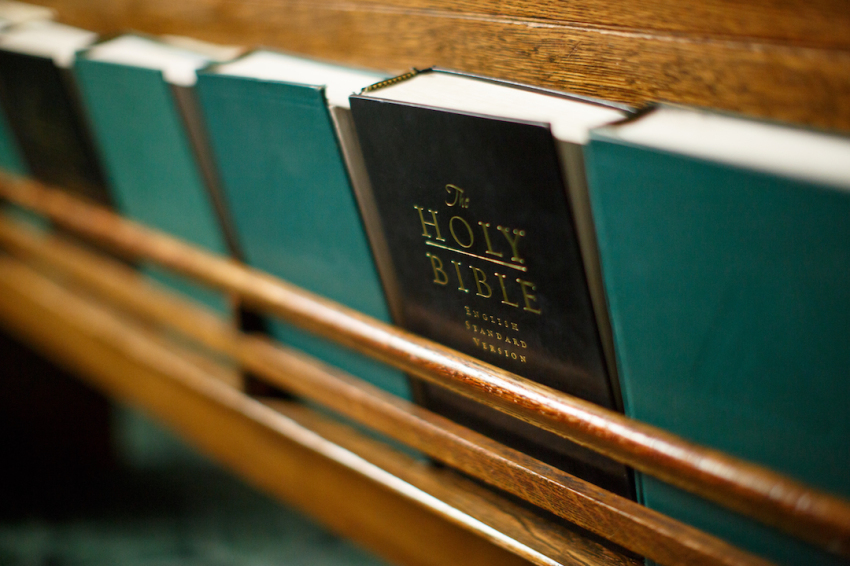
Two Christian ministry leaders offered their thoughts on the "Christian Left movement" and if "progressive Christianity" is problematic for the Church in a recent episode of the "Challenging Conversations" podcast.
For Part 1 of the Edifi Network podcast series titled “Is Progressive Christianity Biblical?” Stand Strong Ministries founder Jason Jimenez interviewed Lucas Miles, author ofThe Christian Left: How Liberal Thought Has Hijacked the Church.
“Things are getting really ugly out there,” Jimenez said, “particularly when it comes to how you define Christian community, the people you can trust — not just look up to — but people you can trust with God’s Word, where their giftedness lies and that their interest, as the Bible says ... is to put ‘people’s interests above their own, and they’re not just narcissistic.”
To define “progressive Christianity,” Miles, a church planter who is the senior pastor of Nfluence Church in Granger, Indiana, said it’s important first to define orthodoxy, which means “right thinking” or “right belief.” He warned that “anything outside of that starts venturing into some sort of heresy.”
The two major heretical groups to affect the early Church were the Judaizers and the Gnostics, Miles said. He defined the former as an “upgraded” version of the Pharisees who adopted aspects of the story of Christ, along with a legalistic, performance-based view of salvation and faith.
Miles, a Christian speaker and founder of his own film company, identified Gnostics as progressives who invented new doctrines to justify different lifestyles and behaviors. The group, he said, would take portions of other religions and then bring them together to make their own set of beliefs.
“I always say that whenever you see heresy manifested in our modern world, it’s always going to come back to within that spectrum of the Judaizers and the Gnostics,” Miles explained.
“Progressive Christianity, or the ‘Christian Left,’ as I call it, is a growing constituency of left-leaning Christians, and at times, Christians by name only. ... At times, they are people on a spectrum caught in between.”
Miles, who has been involved in dozens of church planting efforts across the globe, argued that progressive Christians often become fixated on progressive ideology and philosophies, such as critical race theory and various forms of “wokism,” along with the rejection of original sin and a “downgraded” view of Scripture.
Miles stressed that many in the Church today believe that the Bible is “something less than the inerrant, infallible, authoritative Word of God.”
He contends that the trend is “spreading from Christian publishers, Christian recording artists that are going through what they call a ‘deconversion,’ a lot of Christian journalists, pastors that are ... supporting things such as critical race theory and critical theory and Marxism, and all the way to our Christian colleges.”
“This is not something we should take lightly,” the pastor added. “We need to be aware of what it is and some of the players that are leading this. We need to make sure that the Church that we’re in ... [is] really growing in an established Christian message. ... Christianity is not a new faith. It’s been around for 2,000 years. It’s well defined.”
Miles emphasized that some beliefs are imperative for anything to be truly defined as Christian. The Christian Left, he believes, is “tossing” some of these biblical truths aside.
He added that Paul’s epistles help identify those who are in error — and sometimes, it’s necessary to identify false teachers by name.
“We are to speak the truth in love; that’s what Ephesians 4:15 says,” Jimenez, who served as a pastor for about 15 years, agreed. “So when we have to name names sometimes, it’s, ‘What is your intent?’ And as Paul told Timothy, ‘Have a good conscience, a sincere faith and labor in how you’re presenting things.’ When we do that, it’s not to rip on someone.”
Pastors like Steven Furtick of Elevation Church, Jimenez said, hold some problematic beliefs that are necessary to call out and identify.
“When we do have disagreements biblically ... we want to do it respectfully,” he said.
According to Miles, there is a “spectrum” among progressive Christians. Some have entirely “flopped” or “folded” on issues, while others slowly begin to doubt certain parts of Scripture.
“Typically what we see ... is that oftentimes they lean toward a universalist mindset,” Miles asserted, adding that many professing Christians want to seem inclusive. Other times, he said, people want to deconstruct their faith without repairing it later.
“What we rarely see with those on the left is any sort of repair of theology. It’s typically just a dismantling and then they leave it in shambles, and they go on,” Miles said.
Miles further argued that the Christian Left also doesn’t talk about repentance of forgiveness of sins, reflecting the “early heresies” the Church dealt with.
“That allows a very ... ‘positive Christianity’ to develop that is free from these messier aspects of having to ask for forgiveness,” he said. “‘It’s a very distorted, confused doctrine that has little emphasis on the salvation process.”















